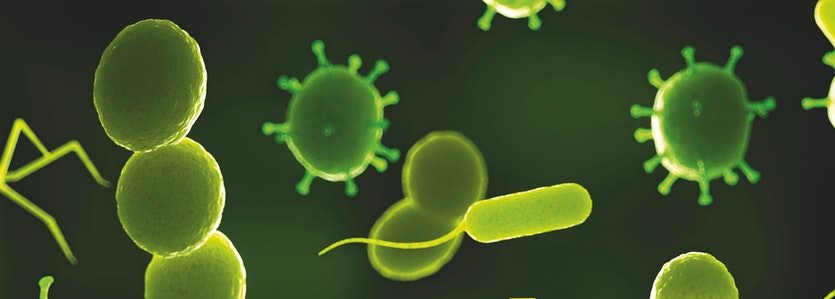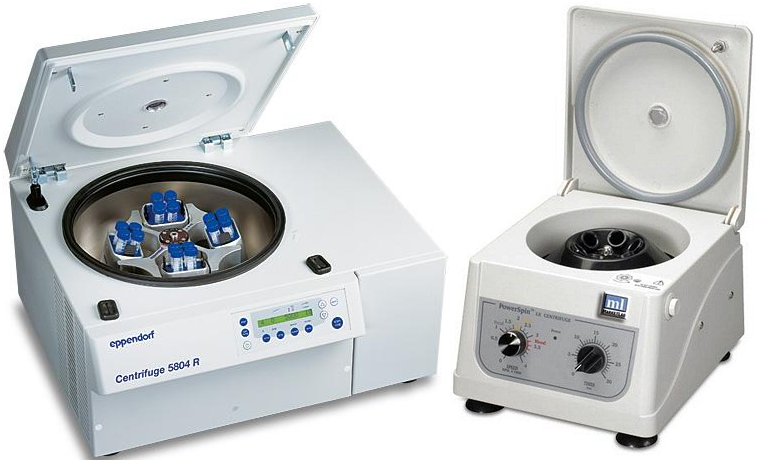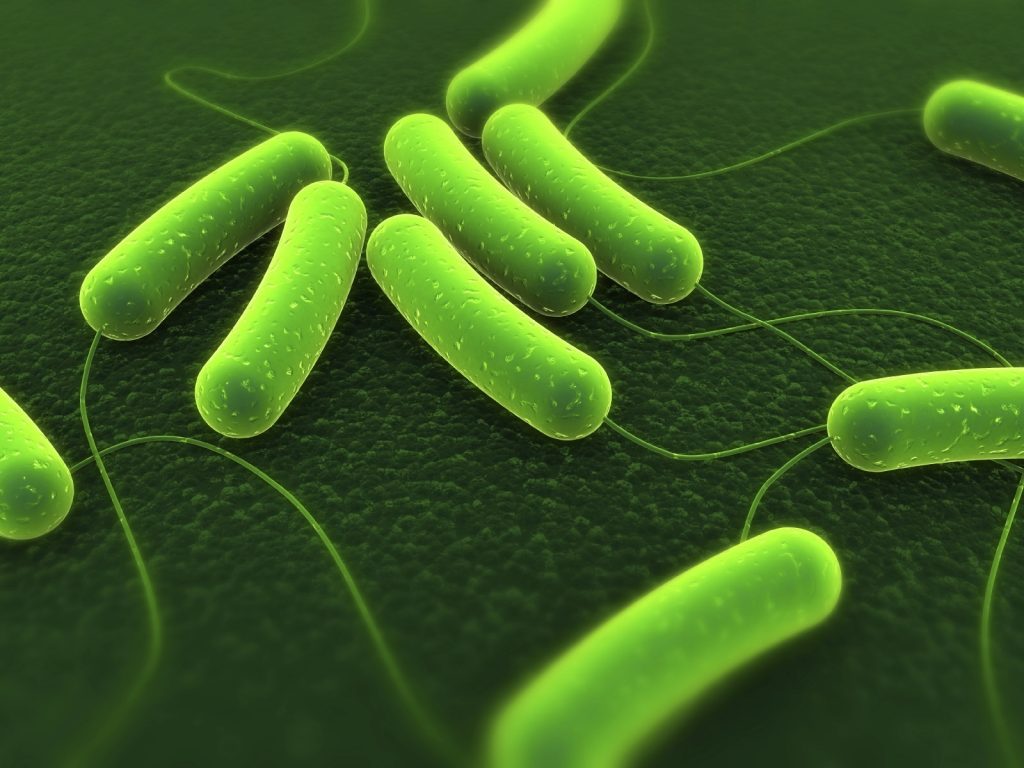Toxins are specific microbial products or secretions which at very low concentrations can act specifically on the cells and tissues of other organisms including humans to cause a local or systemic damage. Toxins which are found in both Gram-positive and Gram-negative bacteria help to increase the pathogenicity and virulence of a given pathogen once they have gained entry into the body or cells of their host.
It is noteworthy that not all microbial products are regarded as toxins as some may be beneficial (e.g. antibiotics and bacteriocins) and even harmful to other microorganisms. The ability of pathogenic bacteria to produce toxin and the potency or effectiveness of the toxin is an important factor in the capability of the microbe to initiate or cause a disease in the host. Bacterial toxins are poisonous substances that increase the pathogenicity of the microbe in vivo.
Toxin production in pathogenic bacteria is an important component of bacterial infection, and they help to further the disease process of the microbe in the host. However, the pathogenicity and virulence of infections caused by viruses, fungi and other pathogens have not been associated with toxin production as is the case in pathogenic bacteria – where this phenomenon (i.e. toxin production) is an important characteristic component which help to enhance the damaging effects of the bacterium in their human host.
Toxins produced by bacteria may be secreted into the surrounding environment of the organism (exotoxin) or it may be retained within the bacterial cells (endotoxin). Toxins produced by bacterial pathogens alter the normal metabolic activity of their host cells, and in turn cause poisonous or harmful effects which sicken the host. When heated and treated with acids, exotoxins lose their toxicity, and are transformed to toxoids which have anti-toxin effect and can be used to protect human hosts from the negative effects of the toxins.
Toxoids (which are protective vaccines) are used as important protection against diseases caused by bacterial toxins in a host. Endotoxins do not produce toxoids because they are rather heat stable than exotoxins which are heat labile. Exotoxins are mostly produced by Gram-positive and Gram-negative bacteria while endotoxins are produced mostly by Gram-negative bacteria, and they rarely stimulate antibody production in a host.
References
Brooks G.F., Butel J.S and Morse S.A (2004). Medical Microbiology, 23rd edition. McGraw Hill Publishers. USA. Pp. 248-260.
Madigan M.T., Martinko J.M., Dunlap P.V and Clark D.P (2009). Brock Biology of microorganisms. 12th edition. Pearson Benjamin Cummings Publishers. USA. Pp.795-796.
Prescott L.M., Harley J.P and Klein D.A (2005). Microbiology. 6th ed. McGraw Hill Publishers, USA. Pp. 296-299.
Ryan K, Ray C.G, Ahmed N, Drew W.L and Plorde J (2010). Sherris Medical Microbiology. Fifth edition. McGraw-Hill Publishers, USA.
Singleton P and Sainsbury D (1995). Dictionary of microbiology and molecular biology, 3rd ed. New York: John Wiley and Sons.
Talaro, Kathleen P (2005). Foundations in Microbiology. 5th edition. McGraw-Hill Companies Inc., New York, USA.
Discover more from #1 Microbiology Resource Hub
Subscribe to get the latest posts to your email.



